Contents Every year, at the first sign of a stuffy nose, I head to my kitchen for help. Ill mix up one of my signature tonics to quickly put me right. No, Im not a doctor, or a nutritionist for that matter; nor do I plan on becoming either. Im just a home cook one who is fully invested in unlocking both the flavour and the medicinal potential of my ingredients. Using food as medicine is part of a basic instinct for survival that we seem to have lost touch with. Its a handy one, too, especially when life throws you one of its many curveballs, such as waking up with a sore throat on the day of an important meeting; overeating and feeling bloated (lifes too delicious); waking up with a hangover (it happens); or the classic afternoon slump.
There was a time when all cooks were also experts on medicinal foods. Herbs and spices served a dual purpose they went into medicinal concoctions as well as into the cooking pot; into the types of homemade remedies your grandma used to make. I call them tonics. Incorporating tonics into your lifestyle could help to prevent symptoms by supporting your bodys basic systems such as the digestive, respiratory, nervous, and endocrine system. Tonics support these systems by tackling everyday ailments before they become visible or start to develop into something more significant. It is a preventative and all-encompassing approach to health.
Importantly, making a tonic is not about having all the latest healthy superfoods on hand. A lot of the most potent ingredients, such as herbs and spices, already sit in our kitchen cupboards. Their smells alone can entice the appetite, activate digestion, and release feel-good endorphins. This book offers all-natural, diverse ways to treat basic ailments quickly, safely, and effectively at home. These tonics will tickle your taste buds, raise your energy, and elevate your mood. Discover ways to pillage your kitchen cupboards and make surprisingly effective and inexpensive remedies.
Although I grew up in the south of Spain, my real culinary journey didnt actually begin until a visit to Bali, Indonesia, where I took a walk around an organic farm. It was the way the unassuming guide, probably in his mid-50s, talked about his ingredients, that changed my approach to health completely. He picked a fresh bay leaf from a tree and told me how he planned to brew it up later to make evening tea, to help relieve his aching joints after the long day spent harvesting on the farm. I had been expecting him to talk about how it would make a great addition to a rendang curry we were foraging for our lunch after all. For him, it wasnt all about flavour. This humble knowledge about the medicinal potential of an ingredient was considered vital information, passed down from generation to generation.
He called it Jamu. I found it fascinating. Jamu is the traditional system of medicine in Indonesia. It relies on the use of local roots, spices, herbs, barks, plants and peels to support our general wellbeing. It was relied upon before the arrival of Western medicine, and was greatly influenced by the basic principles of Chinese medicine and Ayurveda, yet adapted to suit the varied tropical plants of the incredibly bio-diverse archipelago that is Indonesia.  Turmeric tamarind tonic (Jamu Kunyit Asam) is the most popular remedy within this system.
Turmeric tamarind tonic (Jamu Kunyit Asam) is the most popular remedy within this system.
It is said to purify the blood, support liver detoxification, reduce inflammation, fight off bacteria, improve immunity and aid in slimming. Despite its power, it is a modest tonic, sold hawker-style on the streets to neighbours and friends. I drank it every morning during my stay and, eventually, one of the vendors agreed to show me how she makes hers. After returning to London, I began making Jamu at home, with the most similar ingredients that I could find. Next thing I knew, I was selling a few bottles at a market in South London on the weekends for fun. Thats how I started the Jamu Kitchen.  The burning ambition behind Jamu Kitchen is the idea that, in one way or another, I am doing my part to preserve an incredibly valuable traditional food culture, and simultaneously increasing awareness of it, by making the concept of drinking medicinal tonic more accessible.
The burning ambition behind Jamu Kitchen is the idea that, in one way or another, I am doing my part to preserve an incredibly valuable traditional food culture, and simultaneously increasing awareness of it, by making the concept of drinking medicinal tonic more accessible.
Seeing a drink that I found on the back streets of Bali on a shop shelf in London was a small step towards that goal. Now, I am writing this book to pay the information I have accumulated forward; to help others understand the potential of humble ingredients; to enable them to feel confident in starting their own Jamu kitchen; and ultimately to help them become better equipped when it comes to self-care. Science is only starting to catch up with what our ancestors have known for centuries. My tonic recipes are guided by new breakthroughs in the West, as well as by old food wisdoms in their purest state, primarily from the East. Some have legitimate science going for them all have a strong, folk-medicine track record. Although I place a lot of emphasis on the importance of preserving tradition, my eclectic list of recipes has been adapted to suit the needs and tastes of today, without compromising any medicinal potential.
Flavour plays a key part in this evolution, as eating and drinking things we enjoy is, naturally, a much more sustainable way to incorporate them into our lifestyles. (A good example of this is the way gin and tonic was born: British army officers serving in India found that the bitter quinine in the tonic water they consumed to avoid malaria could be made more palatable if they added gin and lime to the mix.) I encourage you to experiment with the recipes to adapt them to your tastes or lifestyle. There are no rules (apart from those in the next few paragraphs). Find out what works for you. This book is divided into two parts. The first part is a guide to the medicinal potential of the roots, barks, peels, herbs and spices needed to make a tonic. It tells you everything you need to start your very own experimental apothecary kitchen.
The second part is an array of recipes that will demonstrate how to pack these ingredients into your life, effortlessly, when theyre needed the most. Some are quick and easy to make, others will take time and patience to get right. The chapters are divided into the way youre feeling, to help you pick what's right for you. These recipes are intended for basic self-care, in order keep you feeling good on a daily basis. If you are ill beyond the ailments outlined in this book, I suggest you visit a doctor. QUALITY A tonic can only be as good as its ingredients only settle for the best.
If youre leaving skins on roots, or using the fresh herbs, you must make sure they are pesticide-free. Whole spices are best bought whole, so their potent oils are kept intact. If you drink milk, its best drunk whole and non-homogenised, from happy cows. Sugars and salts should be natural, unrefined and used in moderation. Make the most of your waste. Hold on to your peels, rinds and barks they will come in handy too.
BALANCE All good things are better in moderation. Even a good thing can become destructive if taken to excess. Try to incorporate these ingredients and tonics when it seems right, or tasty that way it becomes a much more organic, varied, flavoursome and sustainable process thats been led primarily by your intuition and the way that you feel. FLAVOUR When we separate pleasure from nutrition in our diets, we end up less nourished both physically and emotionally. Enjoying what you eat and drink is good for you. Flavour can also heal.

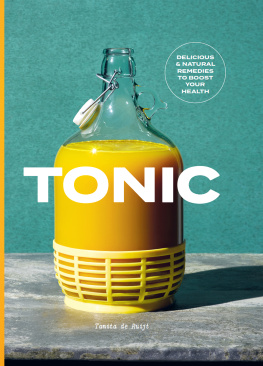
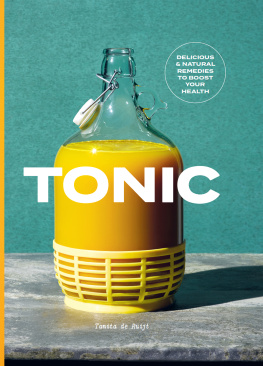
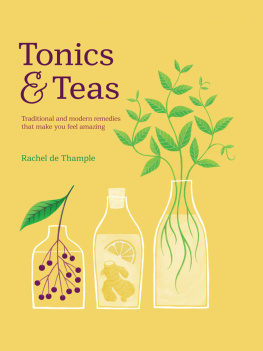

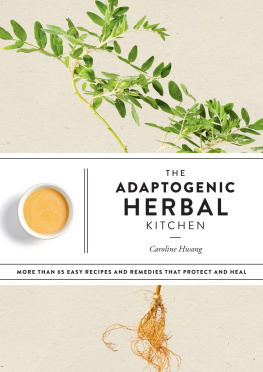
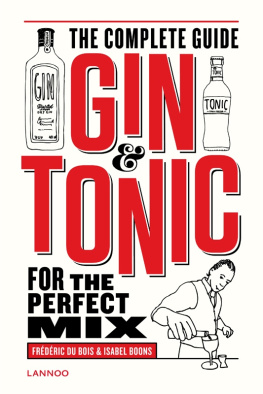
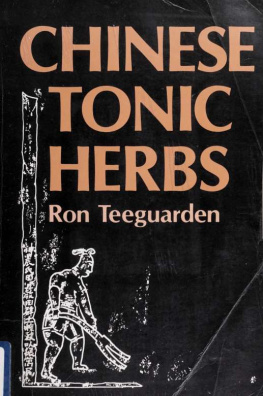



 Turmeric tamarind tonic (Jamu Kunyit Asam) is the most popular remedy within this system.
Turmeric tamarind tonic (Jamu Kunyit Asam) is the most popular remedy within this system. The burning ambition behind Jamu Kitchen is the idea that, in one way or another, I am doing my part to preserve an incredibly valuable traditional food culture, and simultaneously increasing awareness of it, by making the concept of drinking medicinal tonic more accessible.
The burning ambition behind Jamu Kitchen is the idea that, in one way or another, I am doing my part to preserve an incredibly valuable traditional food culture, and simultaneously increasing awareness of it, by making the concept of drinking medicinal tonic more accessible.